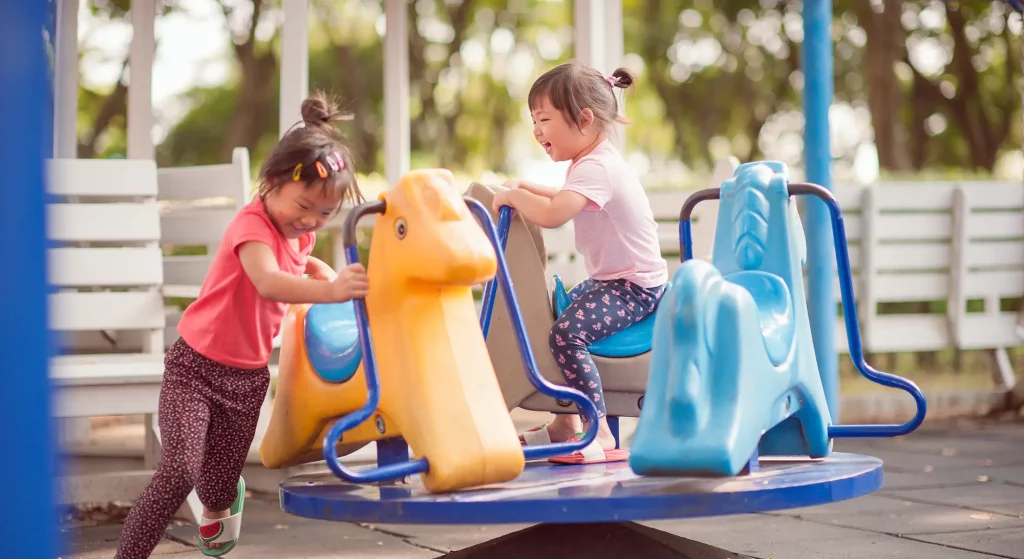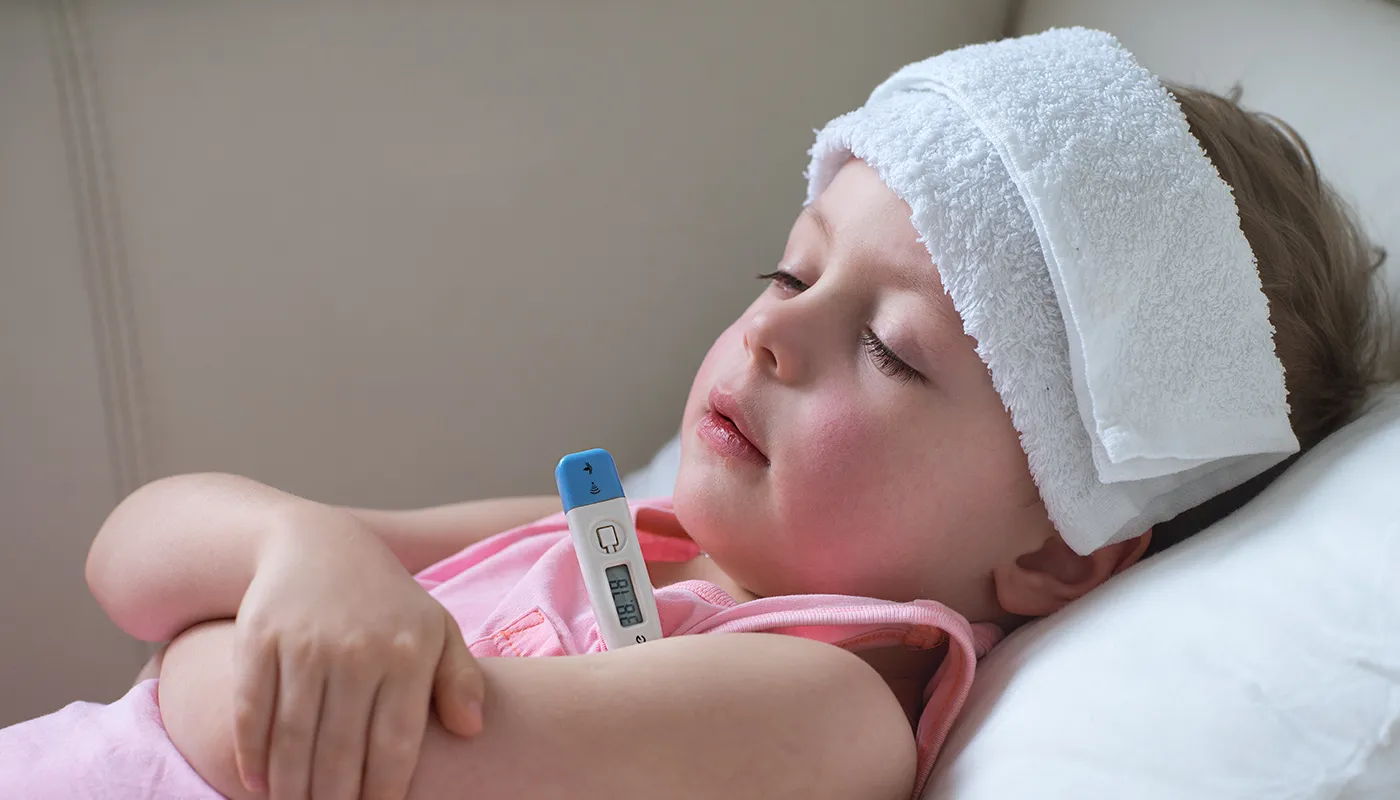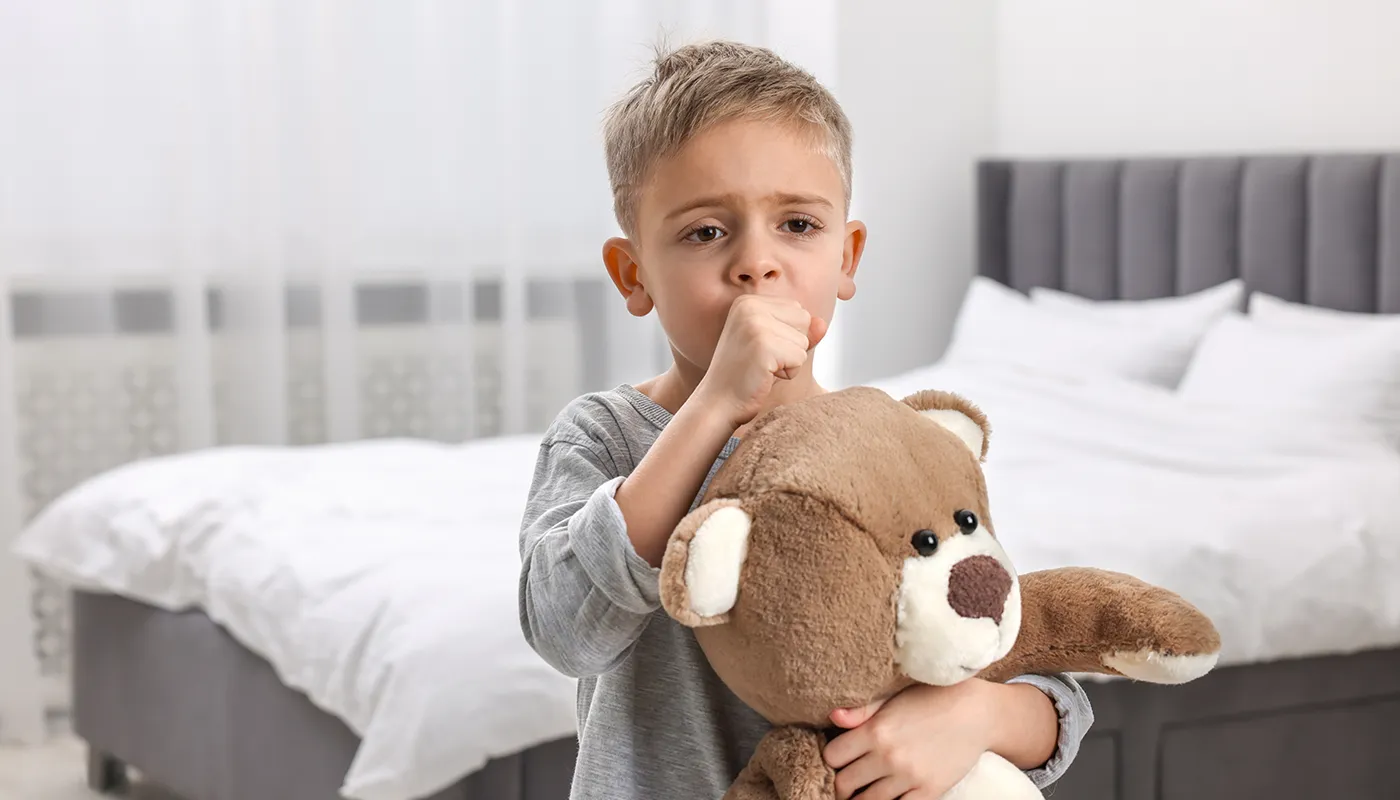The more your child’s teacher knows about them, the better it is for you. This is because you will be able to get feedback from them easily once you have established good communication, especially via email. Furthermore, your child interacts with their teacher on a daily basis. This means that the teacher would be able to share with you what might be troubling your child and how your child is performing in school.
How Can You Minimize Back-to-School Stress?

As the holidays draw to an end, the stress of going back to school increases both for your child and for you. No one wants to go back to the mundane routine of school and homework. While your child may be excited to see all his/her friends again, they will definitely be dreading going back to doing homework and studying.
It’s normal for children to feel anxious before the start of a new school year! Therefore, Dr Leo Hamilton shares 5 ways you can minimize back to school stress both for your child and yourself.
1. Set Expectations Well Before the New School Year Starts.
A sudden change or surprise can lead to more stress. Hence, Dr Leo recommends returning to the school year routine a week or two before school actually starts. Before you adjust your child’s bedtime and morning routine, let your child know the change is coming and why. It’s a good thing to talk about the routines as a family, and to listen to your child’s suggestions for what routines and changes might help them.
It may also help to have a written or picture-based plan to make the new school year routine easier to remember.
 2. Be Positive and Realistic.
2. Be Positive and Realistic.
School can be intimidating as stress can come in many different forms. It may be an important exam year, your child might be attending a brand new school or their close friends may no longer be attending the same school. While you can’t explain every problem away, you can encourage your child to share his/her troubles with you. Trying to find something positive in the situation may also help. For example, if your child is attending a new school, you can get them excited about all the new and different activities the school may offer.
It’s also important for you to manage your own anxieties. While it is natural to be worried about your child and how they will cope at school, your child might sense your stress and start to feel even more stressed. Instead of constantly being worried, what you can do is view the problems your child might potentially face as teaching moments that will help them in the future.
3. Reach Out to Your Child’s Primary Teacher.

4. Have a Play Date.

This is more suitable for younger children. If you know some of the other children from your child’s class, it may help to set up a play date before school starts. This way, the first day of school will be less intimidating. Showing up to a class where not everyone is a stranger can help especially if their good friends are no longer in the same school or if they are attending a new school.
5. Set a Routine Once School Starts.

The more your child’s day-to-day is stable, the easier it will be for them to handle anything unexpected that might happen at school. It’s also easier to get them to do their homework done if there is a set time to sit down. You should also ensure all electronics are turned off or not being used (even yours!) as much as possible and focus on schoolwork.
As much as you would want to, you can’t solve every problem or fear your child may face especially as your child gets older. However, what you can do is be there to listen and support your child. Hopefully, things will go well and even if your child struggles, they will know that you are there for them.

About Author
This article is written by Dr Leo Hamilton, who is a US board-certified Pediatrician since 2003. Dr Leo relocated to Singapore in 2011, caring for expat and Singaporean children from newborns at delivery to teenagers. Beyond his background in Hematology/Oncology, he has an interest in asthma, behavioural issues (primarily ADHD), teen health, and modern management of routine childhood illnesses such as ear infections, bronchiolitis, and pneumonia.


